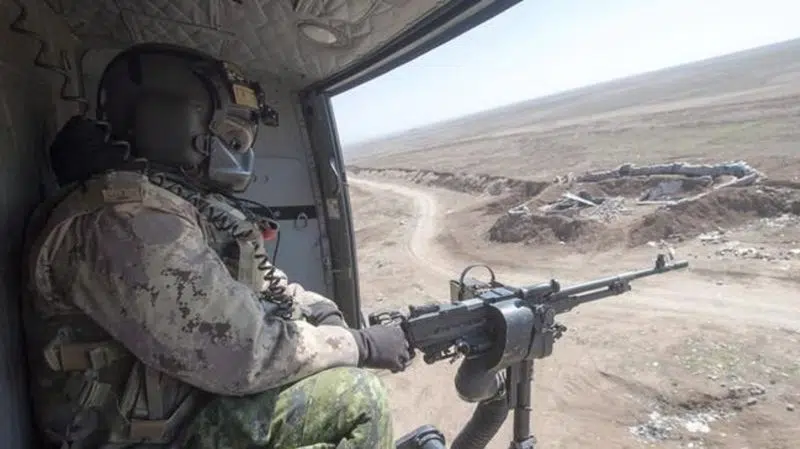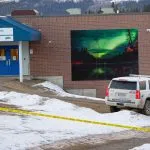
Canadian military resumes some operations in Iraq following Iran scare
OTTAWA — Canadian special forces and other military personnel in Iraq have resumed some of their activities following a temporary suspension last week, though many others remain on lock down.
Canada’s mission in Iraq has two main elements, one of which involves about 200 troops who have been training local forces through NATO to fight the Islamic State of Iraq and the Levant. A similar number of special forces have been working as part of the U.S.-led anti-ISIL coalition.
Both elements saw their missions suspended last week, with orders for the troops to hunker down on military bases or, in some cases, relocate to Kuwait, over fears Iran or its proxies would retaliate for the U.S. having killed Iran’s most important general, Qassem Soleimani.
Those fears proved to be founded as Iran launched ballistic missile attacks against two military bases in Iraq on Jan. 8, including one outside the northern city of Irbil where Canadian special forces have been operating for the past five years. No one was injured in the attacks.


